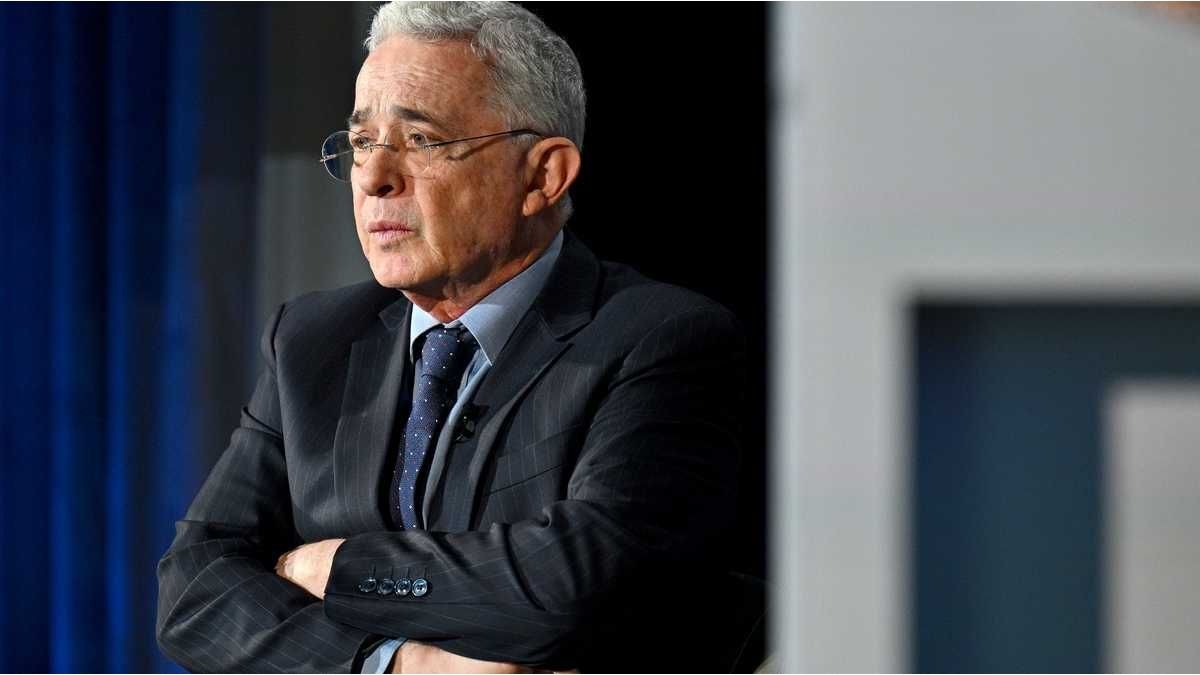No cuts in motorway funding: The supervisory board of the motorway company is calling for sufficient funds for the maintenance and modernization of the road and bridge infrastructure.
The federal government’s austerity plans for motorways are causing growing protests. Transport politicians from the SPD, trade unions and the supervisory board of the federal motorway company have warned against cuts.
According to reports, the financial resources for the federally owned Autobahn GmbH are to be cut by 20 percent to around five billion euros next year compared to previous planning. Finance Minister Christian Lindner (FDP) has set savings targets for departments. By the beginning of July, there should be an agreement in the cabinet on the draft budget for 2025, before it then goes into parliamentary deliberations.
SPD transport politician: Do not support cuts
SPD parliamentary group vice-chairman Detlef Müller told the German Press Agency: “We will not be able to support cutback plans that involve such massive cuts to the motorway.” It is about maintaining the infrastructure and making it more efficient and ensuring its operation and planning capacities. “For the motorways, the main thing is to modernize and maintain bridges. Otherwise we will have a problem with traffic safety on our roads.”
The Verdi union warned in a paper that the cuts would cause even more wear and tear on the transport infrastructure. “There will be more closures of bridges and lanes. The renovation work will come to a standstill.”
Many dilapidated bridges
The plan is actually to renovate 400 bridges per year in the coming years. In total, more than 4,000 of around 28,000 motorway bridges in Germany are considered to be in need of renovation. Federal Transport Minister Volker Wissing (FDP) presented a package of measures for faster bridge modernization in March 2022.
The renovation of the bridges and the modernization of the motorway network will be significantly more expensive than expected in the coming years. Autobahn GmbH needs additional financing of around 5.5 billion euros for the years 2025 to 2028, a spokesman said in April. Wissing had proposed a billion-euro infrastructure fund. In this fund, money for rail, roads and waterways could be pooled for several years.
Widespread protests against cuts
In a statement by the Supervisory Board of the Federal Autobahn GmbH, it said: “In view of the social and economic importance of the federal motorways and in view of price increases, shortages of skilled workers and necessary investments, the Supervisory Board is committed to ensuring that the Federal Autobahn GmbH is provided with the necessary financial resources in the 2025 federal budget and the financial planning up to 2028.”
The chairman of the supervisory board is Oliver Luksic (FDP), parliamentary state secretary in the Ministry of Transport. The committee includes members of the Bundestag from the SPD, the FDP, the Greens and the Union.
Volker Geyer, the board member of the DBB civil service association and tariff union, who is also vice chairman of the Autobahn GmbH supervisory board, said: “The entire motorway operation is at considerable risk due to the cuts. Cuts would of course have a negative impact on specific construction and renovation projects.”
Lena Donat, Greenpeace’s transport expert, demanded that the federal government invest the scarcer road construction money exclusively in the long-overdue renovation of the motorway network. “Every additional kilometer of road is one that will have to be maintained in the future. If the Ministry of Transport is already unable to keep up with the renovation, it is irresponsible to build more roads – not to mention the damage to nature and the climate.”
The Ministry of Transport said at the weekend that due to the current budget situation and the necessary savings, not all the needs for investments in transport infrastructure could be met. With a view to the budget negotiations, it said that the aim was to further increase investments in transport infrastructure within the framework of the available budget funds. This explicitly also applies to investments in the motorways.
Source: Stern




